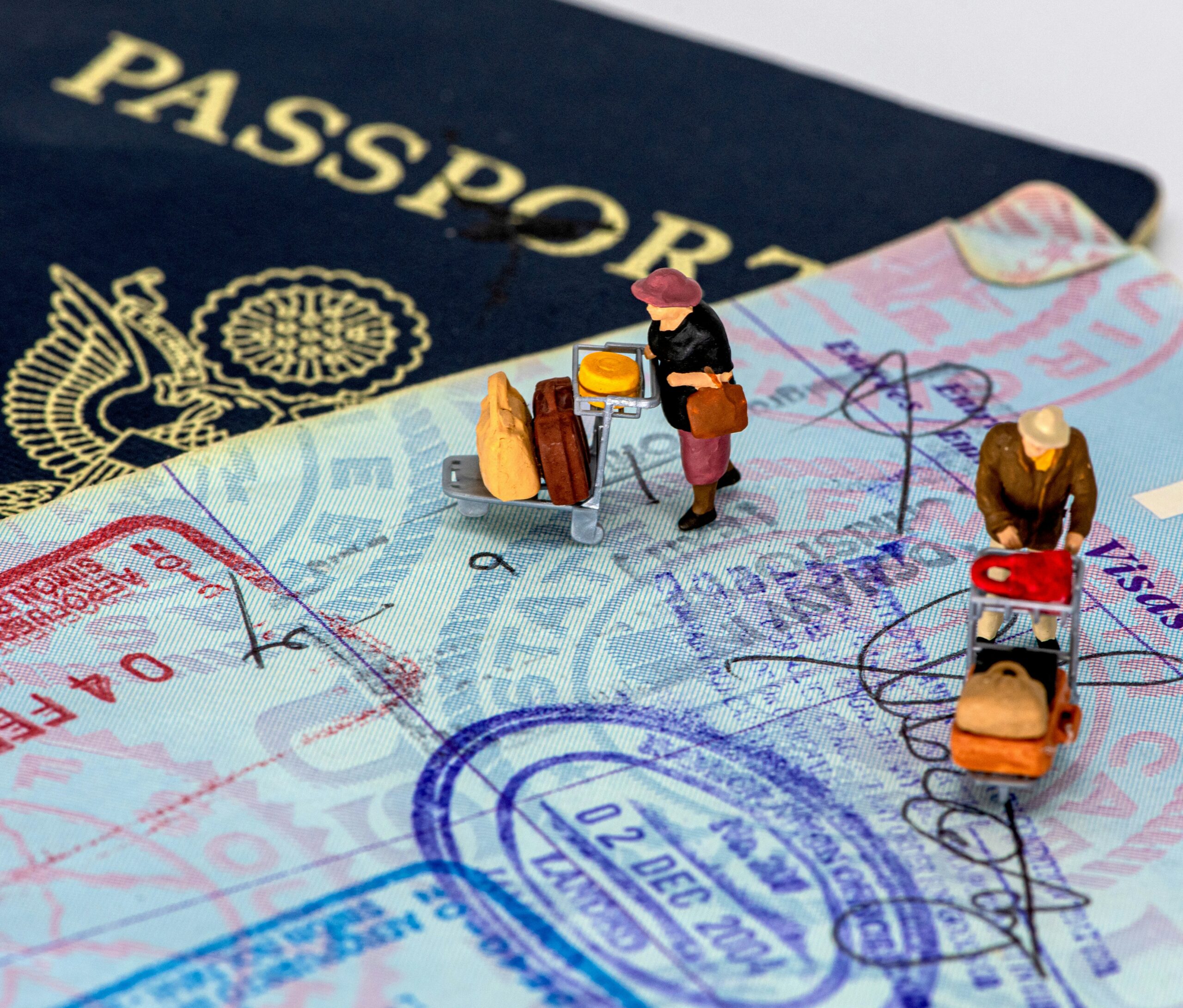Visa Procedure D-Visa
For a long-term stay (more than three months) that entitle you to work in Germany, you are required to obtain a national visa. You can apply for D-Visa at the responsible German diplomatic mission (embassy or consulate general) in your home country before entering Germany. Your visa application does need to be submitted when you meet all requirements and complete all documents needed.

The visa application form can be obtained free of charge from the respective German diplomatic mission. The form available here (German, English, French, Arabic) can also be submitted in original (at least in duplicate) only in the language version used by the German diplomatic mission in your home country.
The approval of the competent Foreigners‘ Registration Office in Germany is generally required. The Foreigners‘ Registration Office of the place where you intend to live is the competent. The visa procedure can take up to three months, sometimes even longer, as the Federal Employment Agency must grant an approval as well that normally is obtained from the diplomatic mission in charge.
The respective German diplomatic mission issues the requested national visa if the necessary approvals have been obtained from the Foreigners‘ Registration Office as well as from the Federal Employment Agency. If all requirements are met, you will receive D-Visa with fixed validity.
In case of rejection of your visa application, the respective German diplomatic mission must inform you of the relevant reasons for its negative decision. Legal action may be taken against the rejection.
What are the requirements for obtaining this visa?
1. There is a concrete job offer from an employer in Germany for qualified employment.
Qualified employment means that a university degree or qualified vocational training is usually required to carry out work. The employment does not have to be professionally related to your qualification. Auxiliary activities are therefore not sufficient.
2. Your qualification (university degree) must be recognised in Germany or comparable to same German qualification (university degree).
However, you still need a license to practice your profession if it is regulated. Aprofessionis said to beregulatedwhen access andexerciseis subject to the possession of a specific professional qualification. Examples of regulated professions are medical professions (except helper activities), lawyer, teacher etc.
3. Inprinciple,the Federal Employment Agency must approve your employment.
It will be checked whether employment conditions (salary, working hours, etc.) in your concrete job offer are comparable to those of domestic employees.
If you are over 45 years and want to move to Germany for the first time for the purpose of employment, you must achieve a gross annual salary of at least 49,830 euros (in 2024) or provide proof of an adequate pension with the desired job.
The following professions are considered bottleneck occupations in Germany:
- Managers in manufacturing, mining, construction, and logistics
- Managers in the provision of information and communication technology services
- Managers in the provision of specialized services, such as childcare, healthcare, or education
- Academic professionals in STEM (science, technology, engineering, math)
- Academic professionals in Architecture, Spatial and Transport Planning
- Doctors
- Veterinarians
- Dentists
- Pharmacists
- Academic and comparable nursing and obstetrics professionals
- Teachers and educators in the school and extracurricular sector
The Blue Card (EU) is a residence title that can be issued by Germany as a member state of the European Union. This card allows third-country nationals with a university or tertiary education degree or IT professional experience to take up gainful employment – provided that the relevant requirements are met. You can apply for a Blue Card (EU) visa online: https://digital.diplo.de/Blaue-Karte
The residence permit for the purpose of taking up qualified employment is issued for a maximum of four years. If the employment contract is limited to a shorter period, the residence permit will be issued for this shorter period plus three months.
After four years in possession of a residence permit for the purpose of working, you can apply for a permanent residence permit – provided that the relevant requirements are met.
Would you like to move to Germany with your family? With the residence permit for the purpose of taking up qualified employment this is possible.